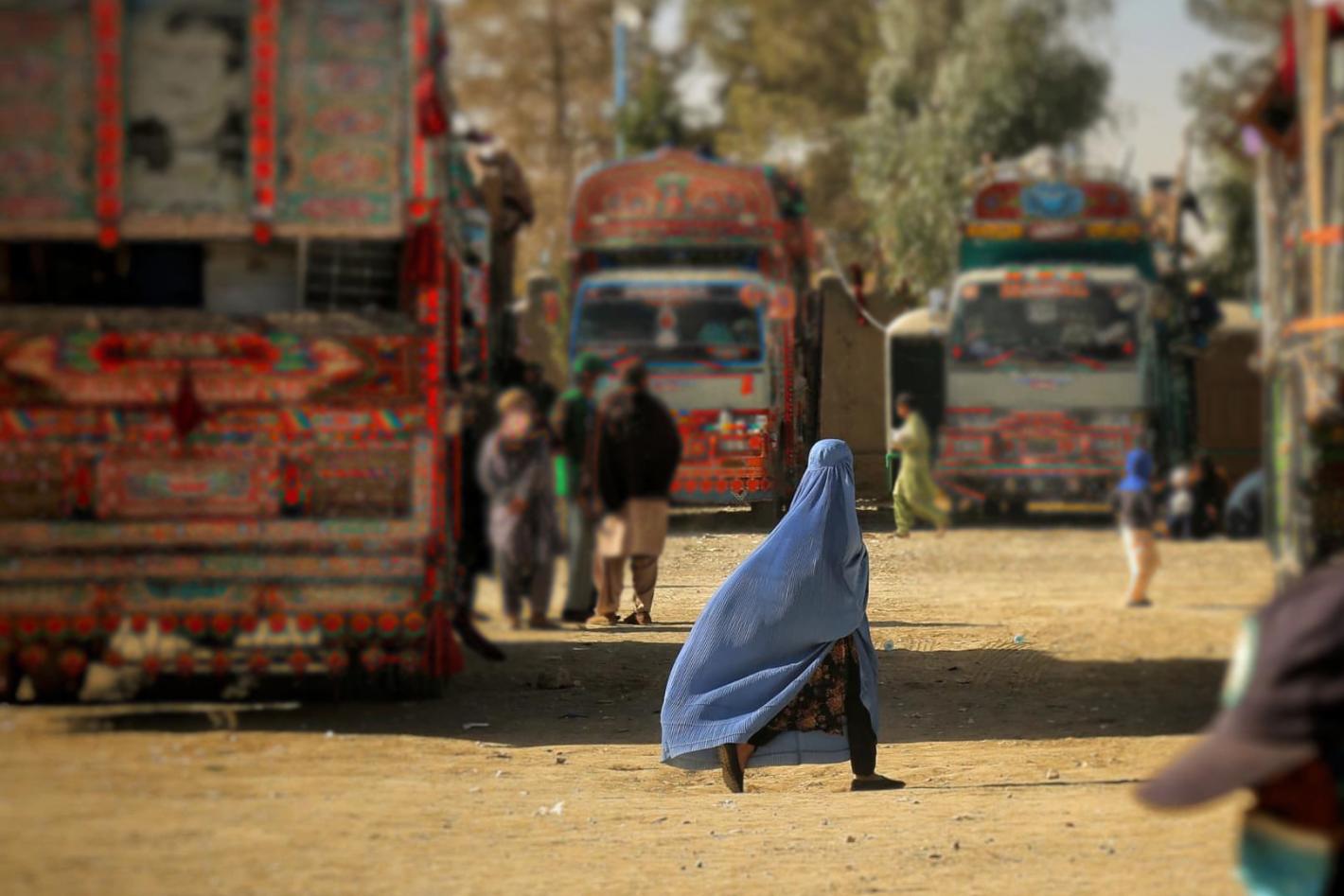GARDEZ/BAMYAN - Peace remains the single most important aspiration for the people of Afghanistan, stressed participants at recent UN-backed events in the south-eastern province of Paktya and in the central highlands province of Bamyan.
In the Bamyan event, some 100 community leaders – including religious scholars, civil society members, women’s rights activists and youth representatives – came together to add their voices to other communities across the country calling for peace.
Participants at the event, which was organized by UNAMA’s Bamyan regional office, discussed the many challenges involved in peace efforts and talked about possible solutions to finding peace through a process that is both inclusive and people-centred.
“The only way through the problems Afghanistan faces is by finding peace,” said Ahmad Omid, a participant at the event and a prominent religious scholar in Bamyan. “The concerns of the people of Afghanistan should be at the centre of any peace discussions.”
Another participant, religious leader Ezatullah Khairkhuwa, stressed the importance of religious scholars in promoting peace, tolerance and harmony. “This is not a choice, but rather a responsibility,” he said. “This is the time for all of us to seize the moment and support peace in the country.”
In a similar UN-backed event that took place in the south-eastern province of Paktya, a 50-strong delegation of religious leaders and government officials came together to discuss how they can strengthen peace efforts.
Organized by UNAMA’s Gardez regional office, the Gardez event enabled participates to discuss ways to improve peace and security in the region, including by reaching out to religious scholars in insurgent-controlled districts.
“Religious leaders are crucial to changing the minds of local communities, especially in terms of improving security and moving toward peace,” said one of the participants at the event.
In Afghanistan, religious scholars, known as Ulema, play an essential role in setting moral and behavioural standards for their communities. They often work as peace brokers, and are respected at all levels of society, exerting influence on individual and community decisions.
At the conclusion of both events, participants jointly resolved to carry the conversations forward in future events and engagements among their respective communities.
Local radio partners in Bamyan recorded the discussion for later broadcast to an audience estimated at 100,000 listeners in and around the province.
At almost every UNAMA-backed event, local media partners not only record the discussions and debates for later rebroadcast, but also create new programmes around the issues that are raised, extending the discussion and creating new opportunities for local voices to be heard on issues such as peace, reconciliation, government transparency and human rights.
UNAMA continues to work with advocacy groups and institutions – including religious leaders, youth groups, women’s groups and local media outlets – to create platforms, using radio, social media and television, to enable Afghans to engage in dialogue on pressing issues affecting their communities.
In accordance with its mandate as a political mission, UNAMA supports the Afghan people and government to achieve peace and stability. UNAMA backs conflict prevention and resolution, promoting inclusion and social cohesion, as well as strengthening regional cooperation. The Mission supports effective governance, promoting national ownership and accountable institutions that are built on respect for human rights.






